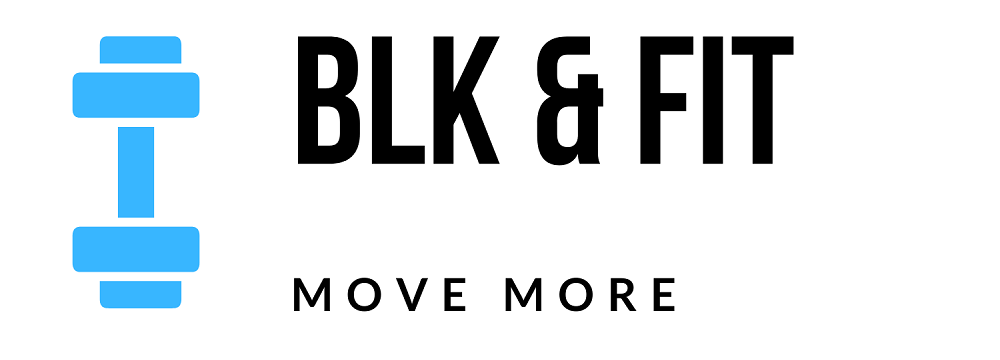Trying to Lose Weight? Consider 16:8 Intermittent Fasting
For many people, trying to keep off unwanted pounds is a never-ending battle. But a popular method of meal consumption has promising results. Intermittent fasting is NOT a diet but is instead a timed approach to eating. And while there are not restrictions on certain foods, it is important to eat as healthy as possible to reach your weight loss goals.
What is Intermittent Fasting?
This fasting involves adopting a pattern of eating and fasting during a 24-hour period. The 16:8 method allows you to eat during a narrow window, usually 8 hours per day. During the remaining 16 hours of not eating, the liver is using its energy stores to burn fat, and thus, lose weight.
Because some people may have different schedules and cannot eat their evening meal until late in the evening, is helps to avoid food for 2-3 hours before going to bed.
Here are some alternative 8-hour eating windows:
- 9 a.m. to 5 p.m.
- 10 a.m. to 6 p.m.
- noon to 8 p.m.
Tips to the 16:8 fasting method
- Avoid eating junk food, including sugar and processed foods.
- Eat a balance diet of mostly fruits and vegetables (fresh or frozen), whole grains, lean protein (poultry, fish, beans, lentils, tofu, nuts, seeds, and eggs) and healthy fats from avocados and olive and coconut oils
- Drink plenty of water. Sipping tea or coffee (unsweetened) is also a good way to stay full.
- Practice mindful eating to allow for proper digestion
Benefits of 16:8 Intermittent Fasting
- Weight loss
- Prevention of type 2 diabetes and other obesity-related diseases
- Heart conditions
- Anti-aging
NOTE: Going without food for certain periods of the day may not be for everyone, especially those with certain medical conditions. Consult your physician before starting a fast or diet.










